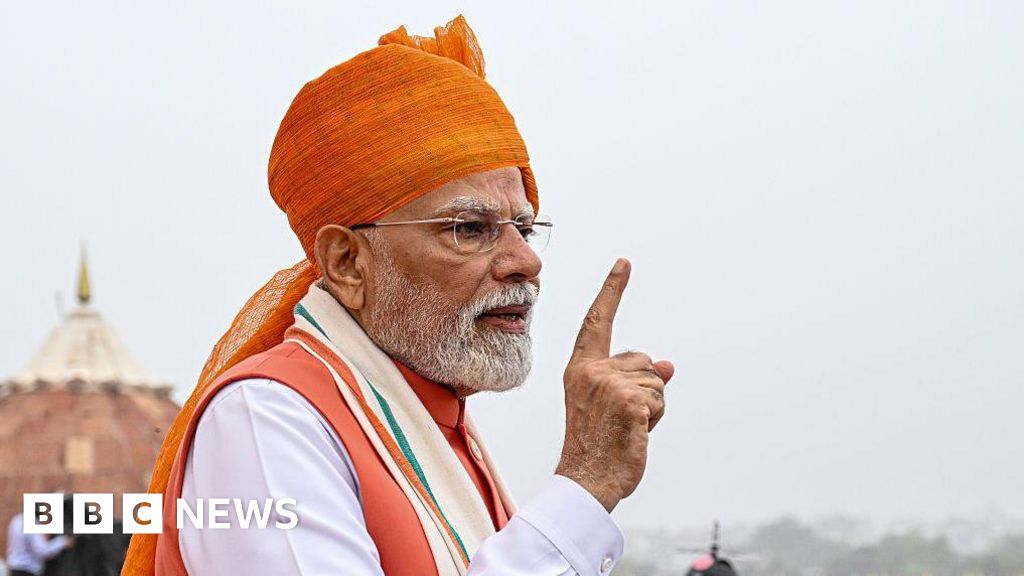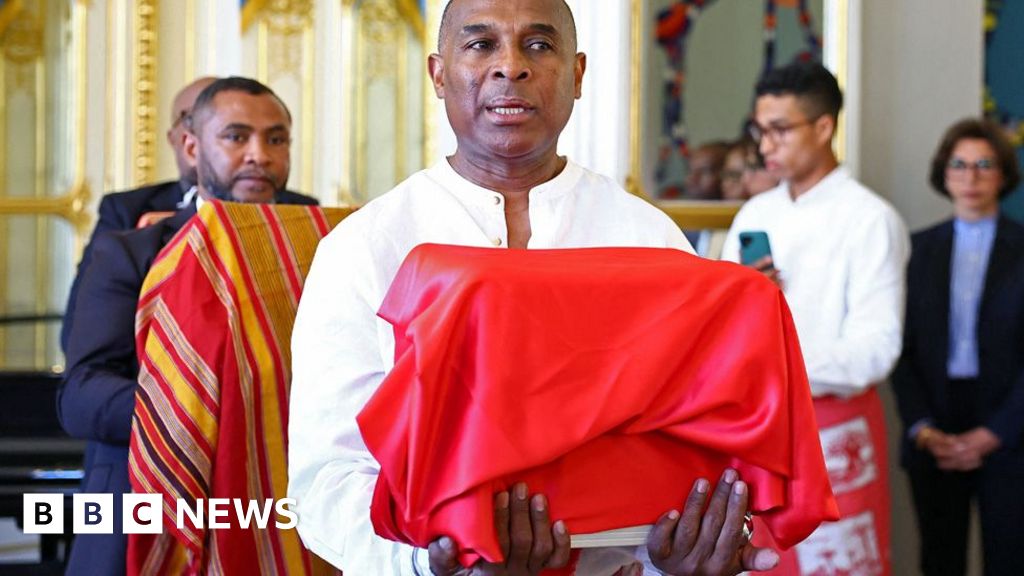In India, where over a thousand languages coexist, language serves as a potent symbol of identity and political strife. Prime Minister Narendra Modi is currently embroiled in a contentious debate over the push for Hindi to be adopted as a more prominent language within the country’s educational framework, a move many fear threatens regional linguistic heritage.
Recent events have highlighted the tug-of-war between national and regional identities, with the Maharashtra government retracting its mandate requiring Hindi to be taught in elementary schools after widespread backlash. Opponents, including local politicians and community advocates, argue that this policy undermines Marathi, the state’s official language and primary mode of cultural expression.
In Tamil Nadu, a region historically resistant to Hindi, the chief minister has vocally opposed the central government’s educational directives, raising concerns that such mandates could disenfranchise local students. The state government has even resorted to legal action, suing the Modi administration over withholding educational funds contingent on implementing the new policy.
Activists emphasize that promoting a single language in a linguistically diverse nation could undermine national cohesion. Niranjanaradhya V.P., a noted education advocate, stated that imposing Hindi is counterproductive to India’s unity and underscores the ongoing struggle between grassroot identities and national policy.
Despite this tension, central officials publicly maintain that India's strength lies in its rich linguistic tapestry, often targeting English as the real legacy of colonialism. The push for Hindi, however, continues to reverberate across the country, with various regions asserting their linguistic rights in the face of perceived imposition. The unfolding debate serves as a reflection of deeper societal issues around identity and cultural preservation in India’s multifaceted landscape.





















